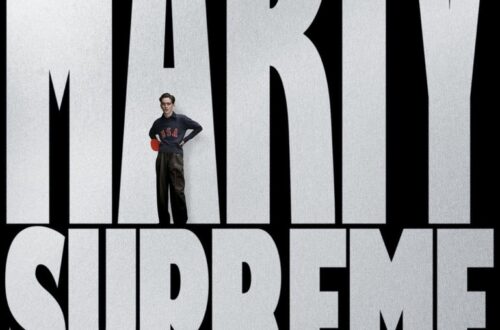Mission: Impossible – The Final Reckoning launches the eighth entry in the franchise with an ambitious flourish, delivering some of the most jaw-dropping action sequences the series has produced. Tom Cruise returns as Ethan Hunt on his most personal—and possibly final—mission yet, tasked with stopping a rogue AI known as “the Entity” from triggering global catastrophe. While the story’s momentum can stumble under the weight of exposition, the film ultimately soars when it unleashes its stunts and taps into the emotional core of the team.
The opening act moves slowly, burdened with dense exposition and frequent flashbacks that feel more like a briefing session than a launchpad. The saccharine nostalgia of revisiting franchise milestones unfolds prior to offering the high-octane set pieces expected from Mission: Impossible. But once the narrative kicks into action, The Final Reckoning finds its rhythm again. A breathtaking biplane stunt, filmed for IMAX, and a tense sequence set within an abandoned submarine underscore why this franchise has endured. Tom Cruise’s dedication—performing genuine high-risk stunts—remains the beating heart of the film, reaffirming his status as cinema’s bravest action star.
The film’s narrative heft lies in the team’s dynamic—returning allies like Benji, Luther, and Grace offer both levity and loyalty, while new and familiar characters wrestle with sacrifice and loyalty. The emotional undercurrent hits its mark more than once, particularly when callbacks to early entries remind viewers of how far both Ethan and the franchise have come. At 170 minutes, the story feels at times overstuffed, yet the film thoughtfully balances global stakes with personal reflection.
Technically, The Final Reckoning shines with a $300–400 million budget behind it. The visuals are immersive—from underwater depths to sun-kissed aircraft skies—and the sound design and cinematography reinforce the epic scale. Composer Max Aruj and Alfie Godfrey pick up the symphonic torch, delivering themes that both resonate and elevate the tension. When the film swings into full gear, it moves with the cinematic punch the series is known for.
Still, despite its strengths, the film struggles under its own ambition. Clunky dialogue and a lugubrious middle stretch slow the emotional and narrative pace. The AI threat, meant to be ominous and omnipresent, spins into generic villainy—something only partially redeemed by Ethan’s emotional journey and the team’s unwavering cohesion.
On the upside, watching Cruise believe in this material—running, climbing, and flying through impossibility—remains an undeniably powerful draw. His energy, paired with the team’s camaraderie, ensures that even the film’s flaws don’t derail the experience. The spectacle isn’t just for show; it’s a reminder of the franchise’s legacy and Hunt’s resilience.
In the end, Mission: Impossible – The Final Reckoning stands as both an ode to and a celebration of the franchise. It does not redefine espionage action, and it dragged in places, but its moments of kinetic brilliance and poignant farewells offer an electrifying cap to Ethan Hunt’s journey. For fans of daring cinema and cinematic devotion, this reckoning lands with flair and heart.




